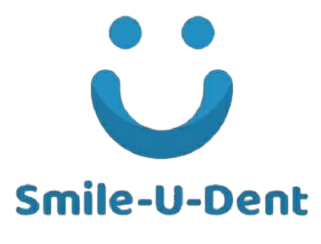

Teeth Cleaning (Scaling): A Deep Dive
Teeth cleaning, often referred to as scaling, is a professional dental procedure that goes beyond regular brushing and flossing.It involves the removal of plaque and tartar buildup from both the surfaces of your teeth and below the gum line.
Why is Teeth Cleaning Important?
Plaque Control:Plaque is a sticky film of bacteria that constantly forms on your teeth.If not removed, it can harden into tartar, which can only be removed by a dental professional. Gum Disease Prevention: Tartar irritates the gums, leading to inflammation (gingivitis). If left untreated, gingivitis can progress to periodontitis, a serious gum disease that can cause tooth loss. Fresh Breath: Regular teeth cleaning helps eliminate bad breath caused by bacteria trapped in plaque and tartar. Overall Health: Studies suggest a link between poor oral health and systemic health issues like heart disease and diabetes.The Teeth Cleaning Process
Examination and Consultation: The dentist will examine your teeth and gums, discuss your oral health history, and answer any questions you may have. Scaling:Using specialized tools, the dentist or hygienist will remove plaque and tartar from above and below the gum line. Polishing:After scaling, the teeth are polished to remove any remaining stains and to make them smooth. This helps prevent plaque from reattaching easily. Flossing:The dentist or hygienist will floss your teeth to remove any remaining debris between them.Types of Scaling
Supragingival Scaling: This removes plaque and tartar from the areas of the teeth that are above the gum line.Subgingival Scaling:This removes plaque and tartar from the areas of the teeth that are below the gum line.How Often Should You Get Your Teeth Cleaned?
The frequency of professional teeth cleanings depends on your individual oral health needs. Most dental professionals recommend getting your teeth cleaned and examined every six months.However, if you have a history of gum disease or other oral health problems, you may need more frequent cleanings.
Additional Tips for Maintaining Good Oral Health
Brush your teeth twice a day with fluoride toothpaste. Floss daily to remove plaque between your teeth. Use a mouthwash to kill bacteria and freshen your breath. Eat a healthy diet that is low in sugar. Avoid smoking and excessive alcohol consumption.By following these tips and scheduling regular teeth cleanings, you can maintain a healthy smile and prevent serious oral health problems.
